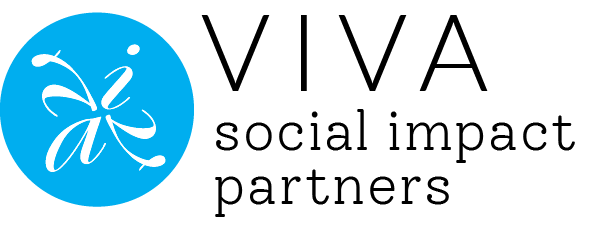2 min read
Illuminating the challenges families continue to face following the pandemic
Laura Bowen
October 4, 2022
Blog

First 5 LA released an in-depth look at the challenges that families experienced–and continue to experience–due to the COVID-19 pandemic, using data gathered by VIVA Social Impact Partners.
In a survey distributed to parents of young children in Los Angeles County for the Quality Start LA initiative, a majority shared that the pandemic has caused their child to fall behind in learning and progress, affected their child’s health, and influenced their child’s emotions or behavior. Read more about what parents shared.
“The findings are an opportunity to learn more from a group of parents that are not often surveyed and can help organizations better understand challenges and find more effective strategies and approaches for supporting parents with younger children,” said First 5 LA Director of Family Supports Diana Careaga.
These findings were gathered via a survey panel of LA County parents and caregivers. Panel participants opted to sign up to take brief surveys on a range of topics, in return for equitable compensation for their time. VIVA calls this approach equity-centered community engagement.
The equity-centered community engagement panels were developed with two priorities in mind:
- A commitment to the philosophy of “nothing about us without us.” Our goal was to support Quality Start LA’s efforts to engage system stakeholders through an approach that was genuinely accessible and could cultivate both a strong understanding of families’ needs and experiences and a community of families and service providers all committed to families’ success
- A recognition that California is big and diverse, and no county in this state is the same. While we know that there are national surveys that are focused on learning from parents and early educators about their experiences, they don’t capture the nuance and diverse perspectives within California and individual counties, or allow service providers to narrow the focus to key local issues.
“Living into the philosophy of ‘nothing about us without us’ requires deep intentionality and also the recognition that there are a multitude of ways that those directly impacted by systems can and should be involved in shaping those systems,” shares Iris Elent, a director at VIVA and lead of the LA County Equity-Centered Engagement Project.
“In order to make community engagement equitable and accessible for diverse community members, there needs to be an array of opportunities to plug in and have their voice heard in whatever way works best for each person. They also need the resources and support to be able to do that effectively so that this engagement isn’t burdensome.”
The equity-centered community engagement panels offer the ability to engage a wide range of stakeholders in an accessible way to help provide input that shapes how systems operate. It can help stakeholders identify community needs and advocate for additional resources. “The survey panel in LA County is an example of how data can be used to understand the COVID-19 impacts and develop strategies to redirect resources and services to families in need,” says Lucia Cázares, data lead at VIVA.
The potential of this community of engaged parents is significant. While surveys are a main mechanism for ongoing feedback and input from community members, the survey panel is more than just a survey tool. It’s a direct line of communication to the community about how they want to be involved in systems that impact them. We have the ability to reach out to both a broad and targeted range of community members about their interest in participating in other and sometimes more intensive local community engagement efforts such as focus groups, interviews, forums, advisory bodies, etc.
“Having a local-based panel allows for tailored community engagement and input gathering that can more effectively inform and shape local and statewide initiatives and policy,” according to Christina Collosi, managing partner of VIVA. “We are starting to see the power of that in LA County, as they’re able to use survey data to foster important conversations about how to help families.”
Contact us if you are interested in learning more about our equity-centered community engagement work or our data capabilities.
